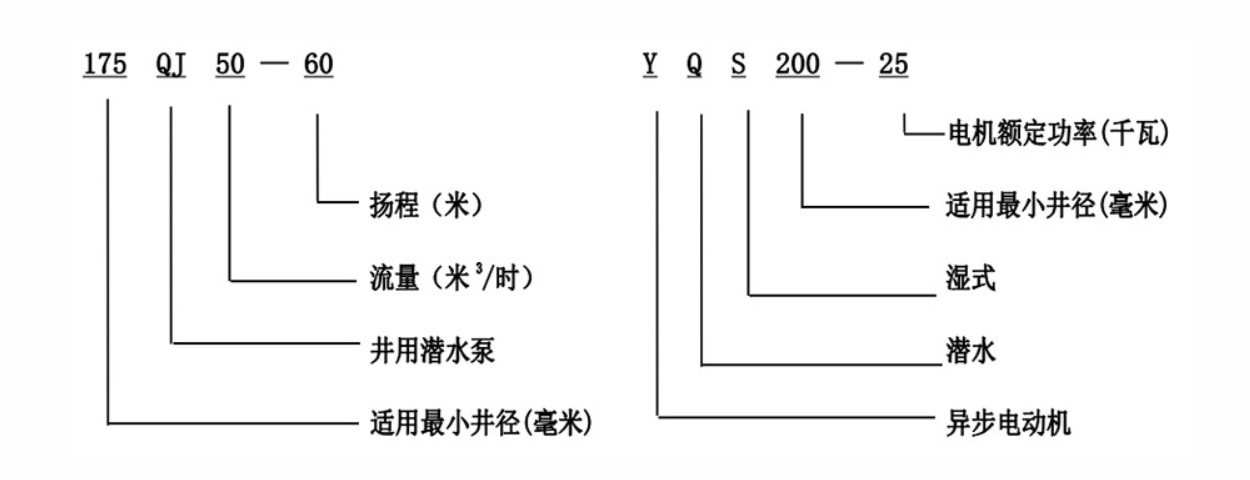Nov . 09, 2024 14:34 Back to list
Comparing Submersible Pumps and Centrifugal Pumps Key Differences Explained
Understanding the Difference Between Submersible Pumps and Centrifugal Pumps
When it comes to fluid transfer, both submersible pumps and centrifugal pumps are widely used, but they serve different purposes and operate based on different principles. Understanding their differences is crucial for selecting the right pump for specific applications.
Submersible Pumps An Overview
Submersible pumps are designed to operate while submerged in the fluid they are pumping. These pumps are typically sealed to prevent water from entering the motor and causing damage. The principal advantage of a submersible pump is its ability to push fluid to the surface, eliminating the need for priming. The pump is usually electric and operated by a motor that is located at the bottom, coupled directly with the impeller.
Submersible pumps are commonly used in applications such as draining water from basements, sewage pumping, and in wells for obtaining groundwater. Their design allows them to efficiently handle volatile liquids and solid-laden fluids, making them ideal for agricultural and industrial applications.
Centrifugal Pumps An Overview
Centrifugal pumps, on the other hand, function on a different principle. They use rotational energy, typically supplied by an electric motor, to increase the velocity of the fluid. The fluid enters the pump through an inlet, is accelerated by the rotor or impeller, and then exits through a discharge pipe as kinetic energy translates into pressure energy.
Centrifugal pumps are widely used in various applications, such as water supply in municipal systems, chemical processing, and HVAC systems. They are well-suited for pumping clean or slightly contaminated liquids without large solid particles and can be adapted for a range of flow conditions with different impeller designs.
what is the difference between submersible pump and centrifugal pump

Key Differences
1. Operating Environment The most significant difference between these two types of pumps lies in their operating environments. Submersible pumps operate entirely submerged, while centrifugal pumps are mostly above the fluid level.
2. Design and Efficiency Submersible pumps are sealed and designed to operate under pressure, which makes them efficient in deep well applications where pushing water to the surface is necessary. In contrast, centrifugal pumps rely on suction to draw fluid in, which can limit their ability to pump fluids from deeper levels unless they are equipped with a foot valve or similar mechanisms.
3. Applications Submersible pumps are typically used in applications where the fluid source is deep beneath the surface, such as in wells or deep waters, while centrifugal pumps are more commonly used for transferring fluids over a range of elevations and distances in buildings or industrial setups.
4. Fluid Handling Submersible pumps can handle a certain level of solid particles, particularly in wastewater applications, while centrifugal pumps may become clogged or damaged if pumping fluids with large particles or debris.
5. Maintenance Maintenance requirements also differ between the two. Submersible pumps can be more challenging to maintain since they are often installed at depth. In contrast, centrifugal pumps are usually easier to access and maintain due to their above-ground setup.
Conclusion
In summary, both submersible and centrifugal pumps play vital roles in various industries and applications. Choosing the right pump involves considering factors such as the specific application, the type of fluid being pumped, and environmental conditions. Understanding the inherent differences can help ensure optimal performance and longevity of the pumping system. Ultimately, whether it's a submersible pump pushing water from deep wells or a centrifugal pump circulating fluids in industrial processes, each type has its unique strengths suited for different tasks.
-
Submersible Water Pump: The Efficient 'Power Pioneer' of the Underwater World
NewsJul.01,2025
-
Submersible Pond Pump: The Hidden Guardian of Water Landscape Ecology
NewsJul.01,2025
-
Stainless Well Pump: A Reliable and Durable Pumping Main Force
NewsJul.01,2025
-
Stainless Steel Submersible Pump: An Efficient and Versatile Tool for Underwater Operations
NewsJul.01,2025
-
Deep Well Submersible Pump: An Efficient 'Sucker' of Groundwater Sources
NewsJul.01,2025
-
Deep Water Well Pump: An Efficient 'Sucker' of Groundwater Sources
NewsJul.01,2025
-
 Submersible Water Pump: The Efficient 'Power Pioneer' of the Underwater WorldIn the field of hydraulic equipment, the Submersible Water Pump has become the core equipment for underwater operations and water resource transportation due to its unique design and excellent performance.Detail
Submersible Water Pump: The Efficient 'Power Pioneer' of the Underwater WorldIn the field of hydraulic equipment, the Submersible Water Pump has become the core equipment for underwater operations and water resource transportation due to its unique design and excellent performance.Detail -
 Submersible Pond Pump: The Hidden Guardian of Water Landscape EcologyIn courtyard landscapes, ecological ponds, and even small-scale water conservancy projects, there is a silent yet indispensable equipment - the Submersible Pond Pump.Detail
Submersible Pond Pump: The Hidden Guardian of Water Landscape EcologyIn courtyard landscapes, ecological ponds, and even small-scale water conservancy projects, there is a silent yet indispensable equipment - the Submersible Pond Pump.Detail -
 Stainless Well Pump: A Reliable and Durable Pumping Main ForceIn the field of water resource transportation, Stainless Well Pump has become the core equipment for various pumping scenarios with its excellent performance and reliable quality.Detail
Stainless Well Pump: A Reliable and Durable Pumping Main ForceIn the field of water resource transportation, Stainless Well Pump has become the core equipment for various pumping scenarios with its excellent performance and reliable quality.Detail
